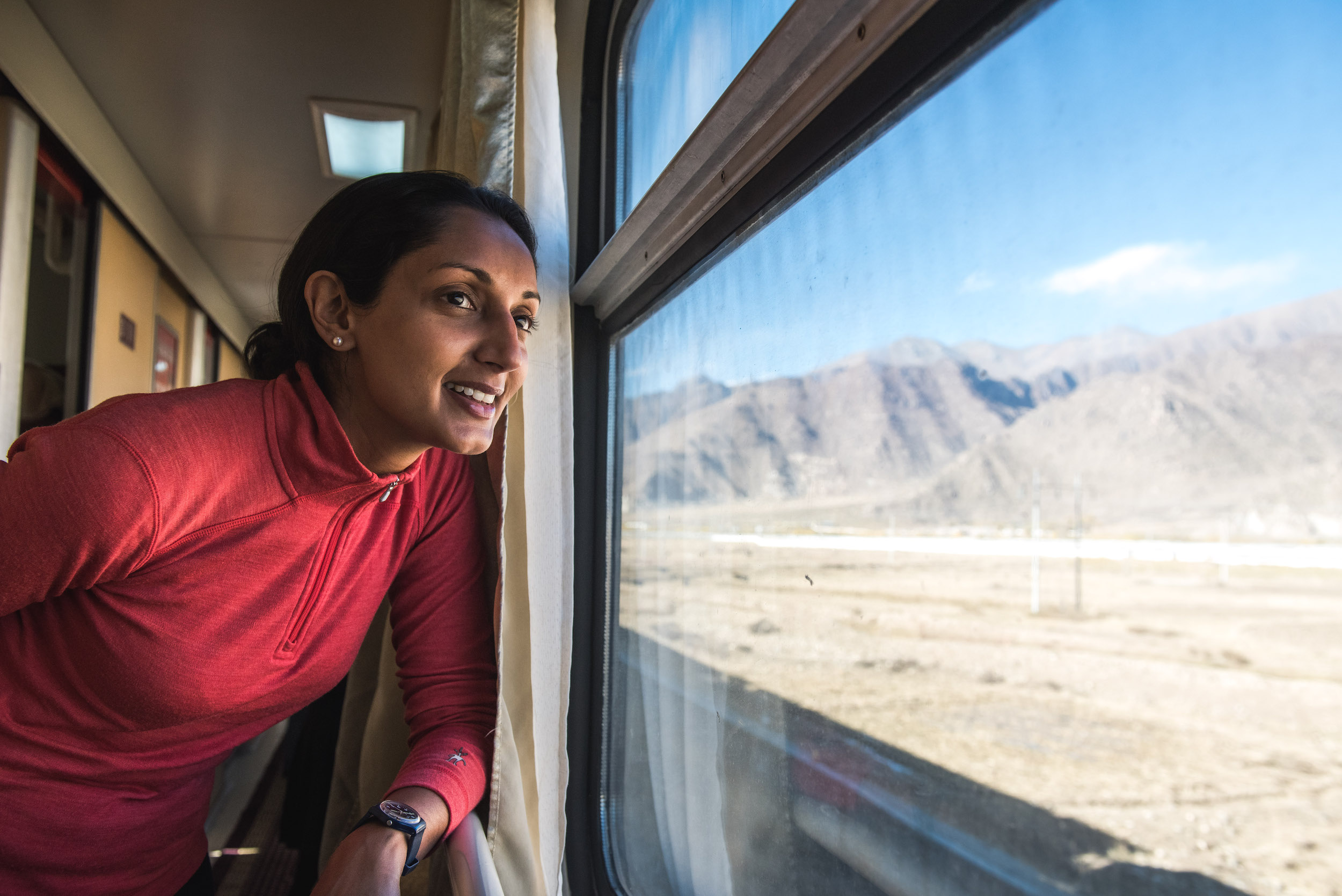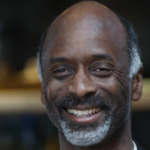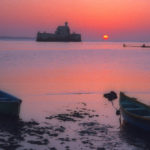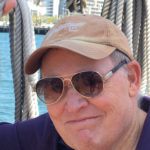Monisha Rajesh is a British journalist and travel writer whose writing has appeared in Time magazine, The New York Times, The Guardian, Vanity Fair and The Sunday Telegraph, in which she wrote a monthly column about traveling the world by train. Her first book Around India in 80 Trains, was named one of The Independent’s top ten books on India, and her second book Around the World in 80 Trains was published in 2019 to great acclaim. Monisha was born in Norfolk and mostly raised in Yorkshire – with a brief stint in Madras. She currently lives in London with her husband and two daughters.
How did you get started traveling?
I’ve been a traveler since the age of about three months when my parents took me off on trains around Switzerland, but I became a professional travel writer ten years ago when I wrote my first book, Around India in 80 Trains. I was a trained journalist, and was freelancing at TIME magazine’s London bureau when I read an article about how India’s domestic airlines could now cover 80 cities. Drawing up a map, I scanned the country and noticed this incredible embroidery sewn around every nook and cranny. It turned out to be the railway route, and almost immediately I saw the formation of my book in my head. A couple of months later I packed my rucksack, bought a rail pass and flew to India.
How did you get started writing?
I wrote a lot of film reviews for my student paper, and enjoyed interviewing people, which extended into studying a postgraduate diploma at London’s City University after my undergraduate degree. The training I received was invaluable, and in hindsight I don’t think I would be where I am now without it.
What do you consider your first “break” as a writer?
My first break as a travel writer came after my four-month trip around India. I wrote a couple of pieces for The Guardian about the best journeys on Indian Railways, and how to do such a journey yourself. Seeing my piece on the home page was one of the most satisfying moments in my career. Today it’s still one of the most read pieces on the best Indian trains, and I’m particularly proud of the achievement because it took me more than four months of travels to put together, and I doubt very many listicles today involve that level of research.
As a traveler and fact/story gatherer, what is your biggest challenge on the road?
Making notes and making sure that I’m keeping on top of gathering material. I hate taking photographs, and prefer to live in a moment and absorb the sound of a bald eagle, the color of a mountain lake, the feel of overgrown ferns rubbing against my bare skin. Those are the details that bring travel-writing alive, and allow your reader to feel like they’re traveling alongside you. However, it’s often a challenge to remember those bits and scribble them down while trying to savor the moment. I have a fat diary that I write long-form notes in at the end of the day, but I also keep a tiny notepad on me to jot down the little details that make the bigger picture come to life.
What is your biggest challenge in the research and writing process?
Sifting out what I want to keep. As I mentioned before I fill up both diaries and notepads, but I also keep receipts and tickets, and photograph menus, street names, and signposts, and gather material to recreate my journey with as much precision as possible. When I set off on my trips I always worry that I won’t collect enough stories or meet enough characters, but when I sit down to write I always have the opposite problem, and struggle to cut and fit what’s most interesting for readers.
What is your biggest challenge from a business standpoint?
Travel writing has largely been dominated by posh white men and it took a lot for me to fight through and establish myself as a young brown woman writing about trains. However I’ve made my mark now and it’s what singles me out for editors who want a fresh voice.
Have you ever done other work to make ends meet?
In between books I spent a few years working at The Week magazine as the sub-editor. I trained as a sub during my journalism course, and it’s been brilliant for my career to be able to swing between writing and editing, and know that I can do both with ease. It’s always great to have a permanent salary, and then be able to take on travel writing commissions solely because I want to, rather than having to earn my bread and butter.
What travel authors or books might you recommend and/or have influenced you?
In truth I never read travel writing before I set off to do my trip around India. In fact I didn’t see my first book as a travel book about trains, it was destined to be a memoir of sorts where I went back to the “motherland” and tried to establish a relationship with it. I was born and grew up in England, but spent a couple of years in India when I was nine. My family and I couldn’t settle there, and we came back with a bitter taste in our mouths, and I avoided going back for a long time. The book was intended to give me a chance to wrestle with the conflict inside me, but it ended up becoming a travel book and an homage to Indian Railways. However since then I’ve enjoyed Geoff Dyer’s musings on travel, Pico Iyer, Maya Angelou, and Eric Newby – A Short Walk in the Hindu Kush is glorious.
What advice and/or warnings would you give to someone who is considering going into travel writing?
Eeek! Right now I wouldn’t advise it at all. The future is so uncertain for travel that if I wasn’t already established it would be a nightmarish way to try and forge a living. However, I wouldn’t want to put anyone off, as it’s such a rewarding career, and I would say that developing a niche is key. Become an expert on something obscure that you truly love and you’ll be called upon to write about it rather than having to pitch and fight against other writers. As I mentioned before, there are not many young brown women specializing in trains which is why I stand out.
What is the biggest reward of life as a travel writer?
Meeting people from all walks of life. It might sound like a cliche, but I’ve gathered some extraordinary friends on my travels who have presented me with different ways to think and look at the world that I never would have otherwise considered.





